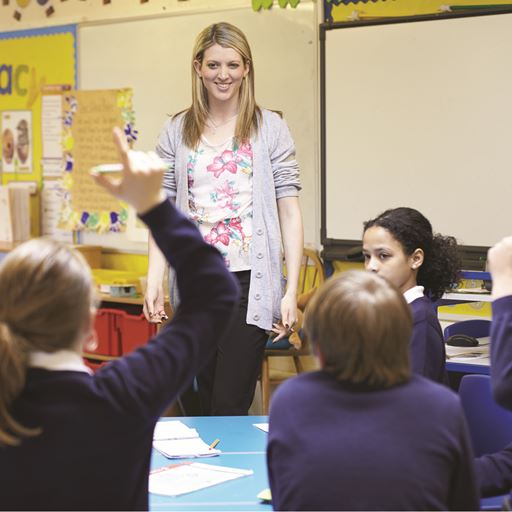Essex schoolchildren to play role in major air pollution study
-
Date
Thu 1 Dec 22

Essex school children are to be involved in a major multi-million-pound air pollution study involving researchers at the University of Essex.
The youngsters will join hundreds of children across Europe taking part in the €8 million InChildHealth study – an EU Horizon-funded project assessing the air quality children are exposed to in the classroom, travelling to and from school and the impacts of those environments on their health.
The Essex team will be led by Dr Robert Ferguson, from the University’s School of Life Sciences, who is an expert in airborne microorganisms. The scientists will carry out sampling in three Colchester primary schools, using a suite of advanced scientific methods and sensors to measure indoor air quality in the classrooms.
The children will be able to get involved by designing and carrying out their own citizen science experiments, whilst learning about air pollution.
Microbial samples collected from the Colchester schools, as well as samples collected from other schools across Europe, will then be subjected to DNA analysis by the Essex research team, enabling them to determine what microorganisms are present and how many there are in the indoor air that children are breathing daily.
This four-year project, led by Aalto University in Finland, will also look at particulate matter and chemical air pollution, as well as conducting epidemiological studies to determine the links between air pollution and health. Outputs from this project will lead to the development of interventions to reduce the exposure of children to harmful air pollution.
“This ambitious and interdisciplinary project will hopefully pave the way to identifying links between exposure to pollutants indoors and children’s health,” explained Dr Ferguson. “Currently little is known about how our children’s health is affected by bioaerosols, which consist of airborne particles containing biological material, such as bacteria and fungi.”
Building on previous research funded by the UK Natural Environment Research Council, the Essex team, which includes Professors Alex Dumbrell, Corinne Whitby and Ian Colbeck will also develop rapid sensors for airborne pathogens which will quickly provide results on indoor air quality.
The project aims to develop an Integrated Risk Assessment Tool - targeted for policy makers and other stakeholders - which will provide information on the interactions between the sources, emissions, concentrations, exposure, doses of airborne microorganisms and disease for children.




